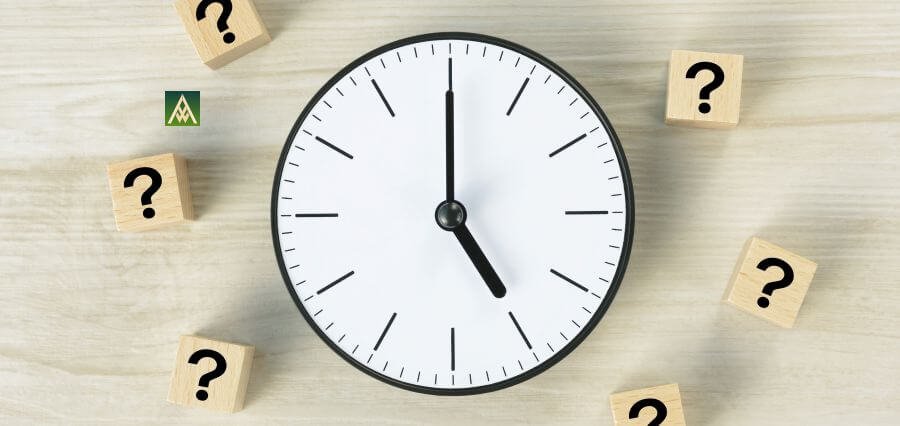The idea of the “10,000-hour rule” has been widely discussed and debated in recent years. Popularized by author Malcolm Gladwell in his book “Outliers,” the rule suggests that it takes approximately 10,000 hours of deliberate practice to become an expert in a particular field. However, as research has progressed, it’s become clear that the rule is more nuanced than it first appears.
What is the 10,000-Hour Rule?
The 10,000-hour rule is based on a study conducted by psychologist Anders Ericsson in the early 1990s. Ericsson and his colleagues studied the practice habits of violinists at a music academy in Berlin. They found that the best violinists had accumulated around 10,000 hours of practice by the age of 20, while less accomplished violinists had practiced for significantly fewer hours.
Gladwell popularized this finding in “Outliers,” suggesting that 10,000 hours of practice is the key to success in any field, from music to sports to business. However, Ericsson himself has argued that the rule is often misinterpreted and oversimplified.
The Importance of Deliberate Practice
One of the key points that Ericsson emphasizes is that not all practice is created equal. The term “deliberate practice” refers to a specific type of practice that involves:
- Focusing on areas that need improvement
- Receiving immediate feedback
- Repeatedly practicing the same skills or techniques
Ericsson argues that it’s this type of deliberate practice, rather than simply accumulating hours, that leads to expertise. In fact, research has shown that individuals who engage in deliberate practice can achieve a high level of skill in significantly fewer than 10,000 hours.
Talent vs. Practice
Another important factor to consider is the role of talent. Some critics of the 10,000-hour rule argue that it fails to account for individual differences in ability and that talent plays a significant role in determining success.
For example, a study by Gobet and Campitelli found that chess players achieved a high level of skill after practicing for an average of 8,424 hours, with a range of 728 to 16,120 hours. This suggests that while practice is important, the amount of practice required can vary significantly depending on the individual and the field.
Implications for Learning and Development
Despite the criticisms and nuances of the 10,000-hour rule, it still has important implications for learning and development. The rule highlights the importance of consistent, focused practice in developing expertise and mastery.
However, it’s important to remember that the rule is not a rigid formula and that the amount of practice required can vary depending on the individual and the field. It’s also important to engage in deliberate practice that focuses on areas for improvement and provides immediate feedback.
Conclusion
In conclusion, while the 10,000-hour rule has been widely discussed and debated, it’s clear that the path to expertise is more complex than simply accumulating hours of practice. Factors such as deliberate practice, talent, and individual differences all play a role in determining success.
Ultimately, the 10,000-hour rule serves as a reminder of the importance of consistent, focused practice in developing expertise and mastery. By engaging in deliberate practice and focusing on areas for improvement, individuals can make significant strides towards their goals, regardless of the specific number of hours required.




